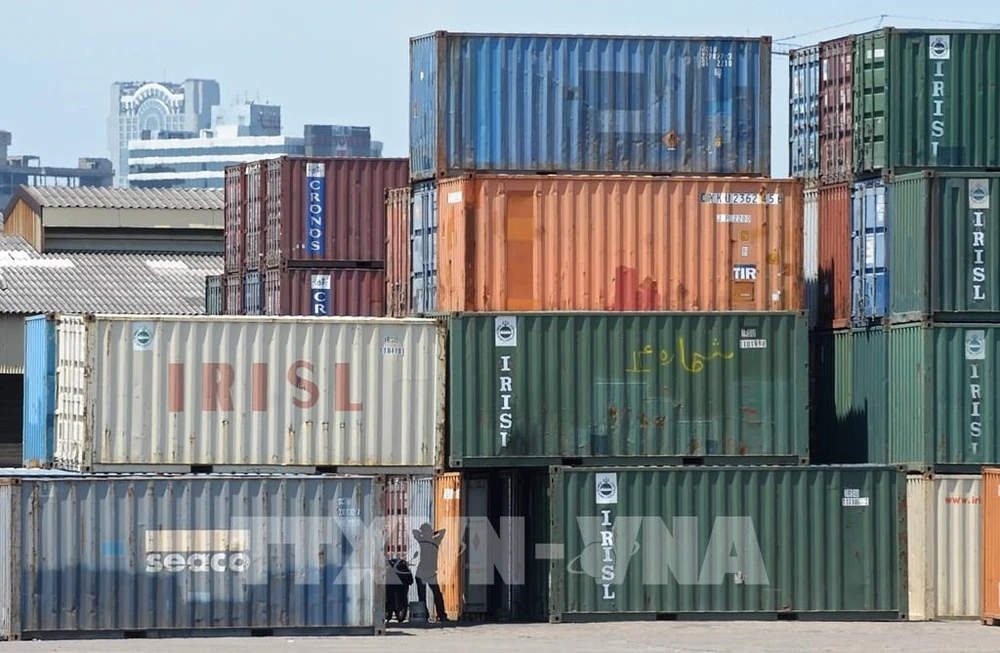
Hanoi (VNA) – Thailand saw nearly 2,000 factory closures last year, seriously affecting the manufacturing sector that contributes nearly a quarter of its gross domestic product (GDP).
Given the current situation, Thai Prime Minister Srettha Thavisin said that the country’s industrial sector has slumped and capacity utilisation has been fallen below 60%, thus requiring measures to adapt to current situation.
When he took office last year, Srettha pledged to bring average annual GDP growth to 5% during his four-year term, up from 1.73% over the past decade.
According to the PM, the 500 billion THB (13.8 billion USD) subsidy programme, which is being delayed, is essential because it will be a "strong medicine" to revive the economy.
Supavud Saicheua, Chairman of the National Economic and Social Development Council, said Thailand's decades-long manufacturing-driven economic model is broken, therefore, it needs to change products while strengthening the agricultural sector.
Latest data from the government showed that the factory closure between July 2023 and June 2024 increased 40% from the preceding 12 months. As a result, job losses jumped by 80% during the same period, with more than 51,500 workers left without work.
The number of new factory openings has also slowed down and its impact has spread to industries that are the main driving force of the economy, including the automobile industry, Kiatnakin Phatra Bank's research division said in a note.
Meanwhile, Sangchai Theerakulwanich, Chairman of the Federation of Thai SME, said smaller manufacturers are grappling with a rise in production costs on the back of steepening energy prices and relatively high wages.
He noted that Thai enterprises are competing with multinational businesses and manufacturers that are unable to adapt promptly have had to close business or switch to producing other products.
Starting this month, Thailand is collecting a 7% value-added tax on cheap imported goods priced less than 1,500 THB (41 USD), mostly from China, but such products are still exempted from customs duties.
Thailand's economy, opens new tab is projected to grow only about 2.5% this year./.






















